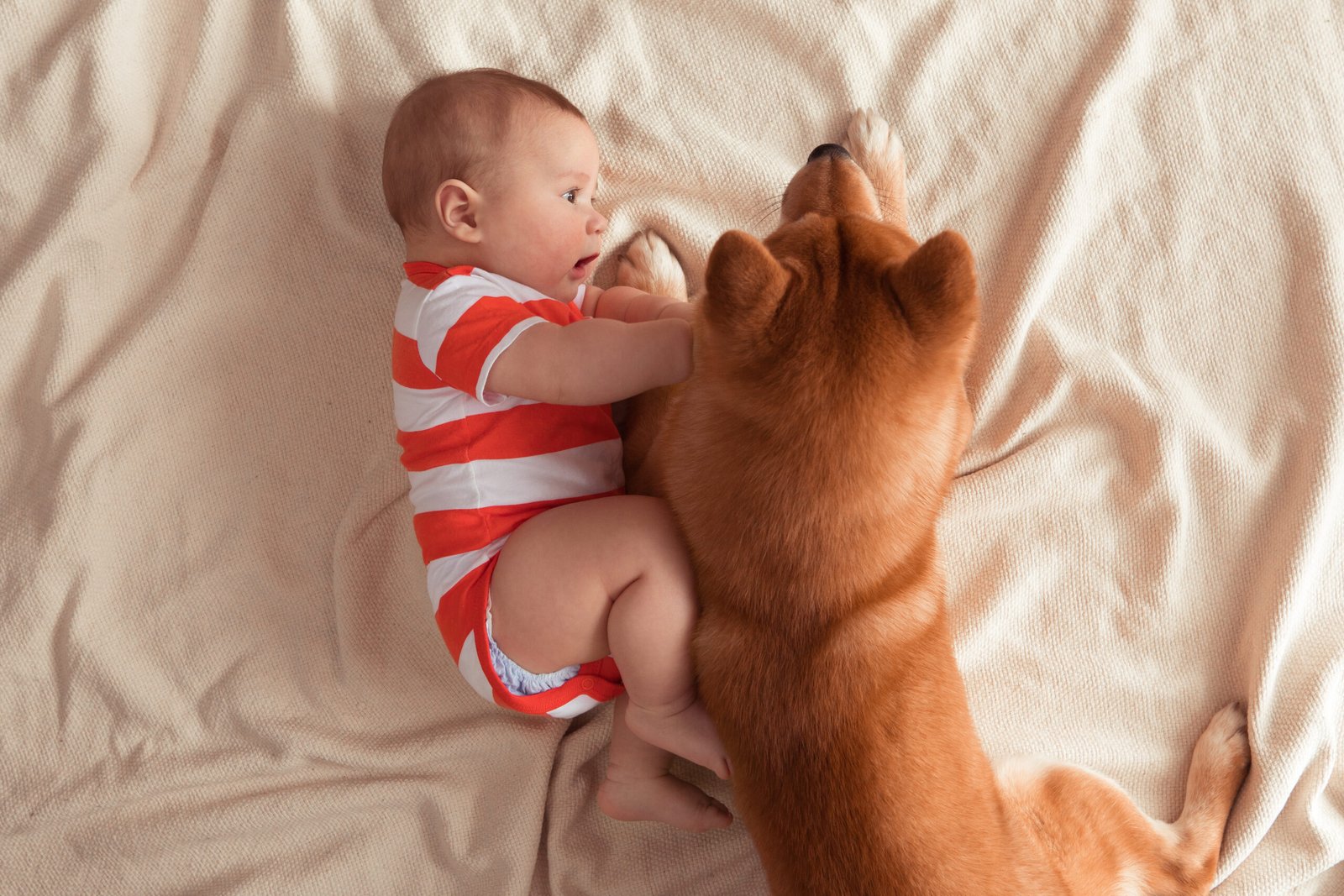Today, I want to explore how animals, driven by their instincts, often refrain from harming babies, whether human or of their kind.
[toc]
Key Takeaways
- Animals operate primarily on instinct, which is different from human cognitive reasoning.
- An innate understanding and instincts guide their behavior towards babies.
- Both wild and domestic animals display a unique sense of awareness and mercy towards infants.
Understanding Animal Instincts
Animals are driven by their instincts, showing behaviors that might seem complex or inexplicable to the human mind. Unlike humans, who use cognitive reasoning to make decisions, animals rely on pre-programmed behaviors in their central nervous system.
Why Animals Act on Instincts
Their actions directly reflect reflexes controlled by the central nervous system, bypassing the need for cognitive thought processes. This often surprises us, who live primarily in our minds.
The Gentle Nature of Animals Towards Babies
We’ve all seen documentaries or news stories showing the merciful nature of animals. While we, as humans, tend to interpret these actions emotionally, the situation is entirely different for animals. It’s all about instinct.
Why Don’t Animals Harm Babies?
An animal instinctively knows whether another creature poses a threat and will apply the fight-or-flight reflex accordingly. This holds regardless of the species, including human or animal babies. Animals understand that babies, incapable of causing harm, pose no threat. This understanding allows them to coexist peacefully with infants, continuing their natural behavior unaltered. This phenomenon is most evident in our pets.
Domestic Animals and Their Bond with Babies
Domestic animals, like cats and dogs, sense the presence of a baby even before birth. We’ve all heard of cats cuddling on a pregnant owner’s belly or dogs waiting beside a two-month-old baby, ready to alert the parents. This showcases their innate sense of connection and protection towards infants.
Wild Animals and Their Instincts
Even in the wild, as observed in documentaries, no predator attacks a baby. They will even avoid attacking the mother if they see her with her offspring. Although we might interpret this emotionally, it is, in essence, an instinctual behavior.
Observing Instincts in the Natural Life Cycle
Animals understand that a baby needs to survive for the balance of nature and the continuity of species. They recognize that a baby is dependent on its mother at the early stages of life. This instinctual understanding reflects the interconnectedness of life and the necessity of each creature to maintain the balance of nature.
This article sheds light on the fascinating world of animal behavior, especially towards the most vulnerable – the babies. It reveals the instinctual wisdom that governs the animal kingdom, a wisdom that ensures the continuity and harmony of life.

